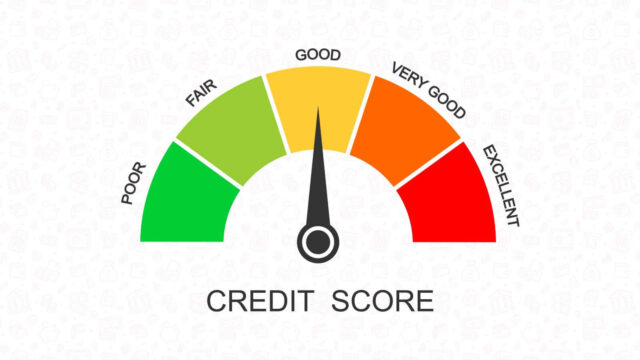Here’s what you need to know about credit reference bureaus
CRBs collect and store the information that is used to determine your credit score.

Say, you walk into a bank, seeking financial assistance. It could be for a business or personal loan. Whatever the reason, the bank or financial lender will first check if you are creditworthy by requesting for your credit report from a Credit Reference Bureau (CRB) before extending the loan to you.
A CRB is a company that collects data on loans issued by lending institutions and creates reports on borrowers’ credit histories. In Kenya, there are three licensed CRBs that operate under the regulation of the Central Bank of Kenya (CBK)
- CreditInfo CRB
- Metropol CRB
- Transunion Kenya CRB
The main role of CRBs in Kenya is to perform credit risk ratings for borrowers, helping financial institutions such as banks, microfinance institutions, and digital credit providers assess the creditworthiness of borrowers. The process of how CRBs work in Kenya involves the following steps:
Data collection: CRBs collect credit information about borrowers from various sources, such as banks, microfinance institutions, and other financial institutions authorised by the CBK.
Data analysis: CRBs analyse the collected data to assess the borrower’s creditworthiness and create a credit report.
Credit scoring: Based on the analysis, CRBs generate a credit score for the borrower, which indicates the likelihood of the borrower defaulting on a loan.
Sharing credit information: CRBs share the credit information with potential lenders, helping them make informed decisions when extending credit to borrowers.
Dispute resolution: Borrowers can dispute the information in their credit report if they find any errors. CRBs have a dispute resolution process in place to address these issues.
Regulation: The CBK licenses and regulates CRBs in Kenya, ensuring that they comply with the CRB regulations 2020.
A borrower’s credit report is crucial in determining the cost of accessing credit, as a good credit score can lead to faster approval and lower interest rates. A poor score, on the other hand, can result in higher interest rates or even rejection of credit. It is essential for borrowers to regularly check their credit reports and dispute any errors they find to maintain a good credit score.
CRBs receive both positive and negative listings. Positive means a loan that is being serviced (loan repayment is consistent), while negative means a loan that went into default (no payments). It takes 90 days for banks and 30 days for mobile lenders after which individuals are notified that they are going to be listed if they don’t make any payment on their loan.
Cost of CRB services
CRBs offer various services, including credit scores, credit reports, and clearance certificates. The costs for these services vary depending on the CRB:
- Metropol Credit Reference Bureau: Charges KSh 150 for a credit score, KSh 250 for a credit report, and KSh 2200 for a clearance certificate.
- Transunion Credit Reference Bureau: Charges KSh 650 for a credit report and KSh 2200 for a clearance certificate.
- CreditInfo CRB: Charges KSh 150 for a credit score and KSh 250 for a credit report.
So, what happens when you are listed?
It is generally not possible to remove accurate negative information from a credit report. Most negative information, if accurate, will remain on the credit report for five years, that is, from the last date of payment, and some types of information may remain longer.
It is essential for borrowers to regularly check their credit reports and dispute any errors they find to maintain a good credit score. However, individuals have the legal right to dispute inaccurate information directly with both the credit reporting companies and the companies that furnish the information to the credit reporting companies.
If a borrower defaults on a loan, their name and other details are with CRBs as a reference for future lenders. However, it is not a death sentence for one’s name to be at the CRB, and borrowers can negotiate the terms of repayment with their lender to clear their outstanding loan and get themselves out of the list.
